8 min read
Microsoft Licensing Update: Business Premium vs Office 365 E3 Overview
Microsoft 365 Business Premium and Office 365 E3 are often compared because they sit at nearly the same price point today while delivering very...
3 min read
Nicole Walker
:
Updated on December 3, 2025
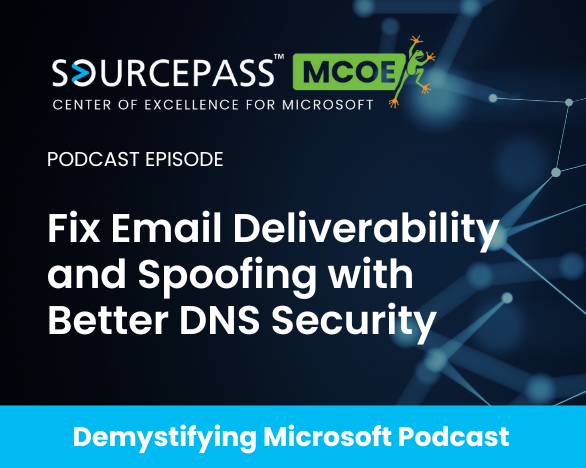
Ensuring email deliverability and security requires a layered approach built on DNS, SPF, DKIM, and DMARC. These technologies work together to authenticate senders, prevent spoofing, and protect business communications from phishing and spam.
Without proper configuration, organizations risk email rejection by major providers and exposure to impersonation attacks. The foundation of secure email starts with robust DNS management, followed by the implementation of authentication protocols that signal trust to receiving servers.
In this episode of the Demystifying Microsoft podcast, Nathan Taylor (SVP, Global Microsoft Practice Leader at Sourcepass MCOE) breaks down the technical requirements for secure email delivery. The discussion covers DNS management, the importance of DNSSEC, and practical steps for implementing SPF, DKIM, and DMARC to ensure compliance and protect business communications.
DNS (Domain Name System) acts as the internet’s phone book, directing traffic and enabling communication between domains. For email, DNS hosts the records that authentication technologies rely on. Poor DNS management can lead to lost domains, security breaches, and undelivered messages. Using a trusted provider and enabling DNSSEC helps protect domain integrity and supports advanced authentication.
SPF (Sender Policy Framework) lists authorized servers for sending email from a domain. DKIM (DomainKeys Identified Mail) cryptographically signs outgoing messages, verifying sender identity and message integrity. DMARC (Domain-based Message Authentication, Reporting, and Conformance) enforces alignment between SPF and DKIM, instructing receiving servers how to handle failures and providing reporting for compliance. Together, these records prevent unauthorized use and improve deliverability.
DNSSEC (Domain Name System Security Extensions) adds cryptographic signatures to DNS records, verifying their authenticity and preventing tampering or spoofing.
Any organization sending email, especially those with bulk or marketing communications, benefits from improved deliverability and reduced risk of spoofing.
Use a reputable DNS provider, enable DNSSEC, and configure SPF, DKIM, and DMARC records. Tools like EasyDMARC can help with setup and reporting.
Having more than one SPF record can cause authentication failures. You should consolidate all authorized senders into a single SPF record.
DKIM allows these platforms to sign emails on your behalf. This improves deliverability and lowers the risk of spoofing, even when SPF alignment is weak.
Providers like Cloudflare and AWS offer advanced DNS features, including DNSSEC support, which are critical for secure email delivery.
EasyDMARC is a popular tool that provides reporting, compliance checks, and guidance for configuring email authentication records.
Email authentication isn’t optional, it's foundational. SPF, DKIM, and DMARC work together to protect your domain from spoofing and ensure your messages reach their intended recipients. When paired with DNSSEC and a trusted DNS provider, these protocols help organizations maintain credibility and reduce risk across their Microsoft 365 environment.
If you're unsure whether your current setup meets modern standards or you're seeing deliverability issues, the Sourcepass Center of Excellence for Microsoft can help. Our team offers hands-on support for configuring authentication records, enabling DNSSEC, and deploying Defender for Office 365 features that align with your business needs.
Subscribe to the Demystifying Microsoft podcast for ongoing insights, and reach out today to chat with one of our experts to answer any questions or to schedule a free Office 365 email security assessment.
Explore the rest of the series:
Part 3: Email Security Best Practices with Microsoft Defender and EasyDMARC
Part 4: Securing Email Delivery in Microsoft 365 with MTA-STS and DNSSEC
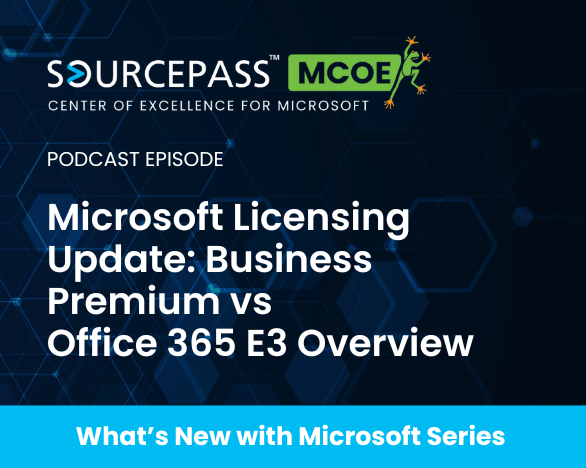
8 min read
Microsoft 365 Business Premium and Office 365 E3 are often compared because they sit at nearly the same price point today while delivering very...

6 min read
Microsoft 365 Business Premium is entering 2026 with upgrades that change how mail, security, and AI fit into everyday operations. The suite is...

6 min read
Microsoft’s addition of GPT‑5.2 to Copilot introduces two modes that change how users interact with information and make decisions inside Microsoft...
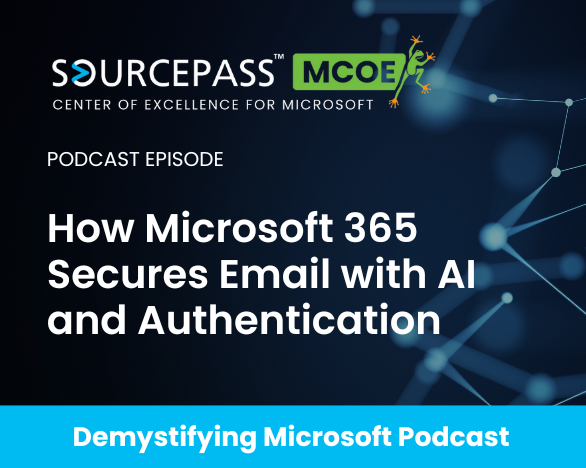
Microsoft 365 has introduced a new generation of email security capabilities designed to address modern threats like phishing, spoofing, and business...
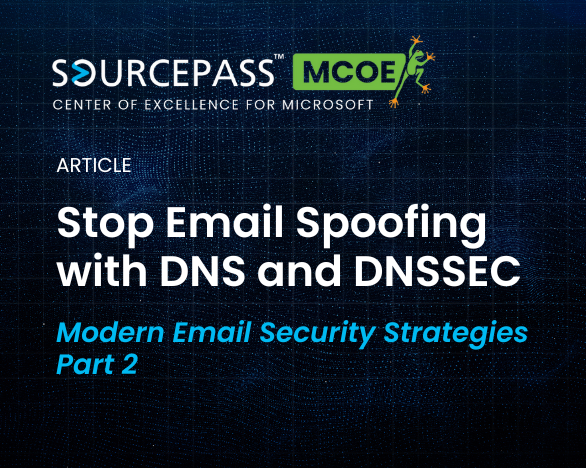
Attackers don’t need to breach your perimeter if they can exploit weaknesses in your DNS. For IT leaders, DNS misalignment is a silent but critical...
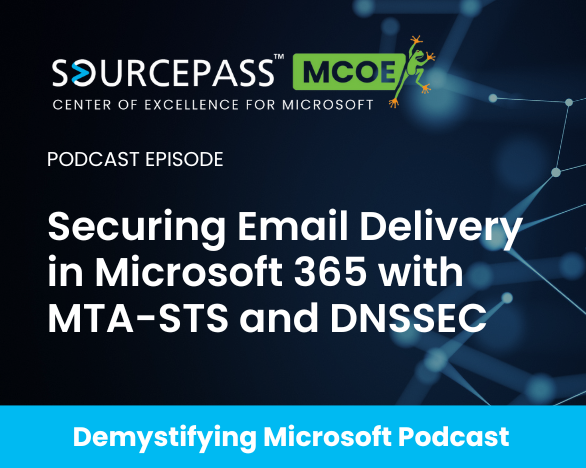
Microsoft’s new email security standards (MTA-STS, TLS-RPT, DANE, and DNSSEC) are redefining how organizations protect email in transit. These...